
Bio-fermentation has recently gained traction in the world of skincare, offering promising results for various skin concerns. This innovative process involves using microorganisms to break down ingredients, enhancing their potency and making them more accessible to the skin.
Among the various bio-fermented ingredients, some common examples include mushrooms, green tea, and probiotics.
The benefits of incorporating bio-fermented ingredients in skin care products are numerous. Fermentation not only increases the concentration of antioxidants in the formula but also adds vital nutrients such as amino acids and peptides.
Moreover, fermented ingredients tend to possess anti-inflammatory properties, thanks to the presence of enzymes that can soothe and prevent skin inflammation.
Incorporating bio-fermentation in skincare routines has the potential to revolutionize the industry, as it provides more effective and natural solutions for tackling skin issues.
With a growing focus on eco-friendly and sustainable products, bio-fermented skincare is likely to become an increasingly popular choice for consumers seeking high-quality, transparent, and traceable ingredients in their beauty products.
Bio-Fermentation in Skincare
What is Bio-Fermentation
Bio-fermentation is a process involving the use of bacteria, yeast, or other microorganisms to break down complex substances in skincare ingredients. This can result in the production of simpler compounds that offer unique benefits for the skin.
Fermented skincare products often contain probiotics or postbiotic substances such as peptides, acids, and enzymes, which contribute to their diverse effects.
What are the benefits?

Bio-fermented skincare has several benefits, including:
- Improved absorption: Fermentation allows the skin to absorb nutrients, minerals, and actives more quickly, helping to optimize skincare product efficacy.
- Better microbiome health: Bio-fermentation supports the skin’s microbiome – the trillions of living bacteria crucial to healthy-looking skin – by offering nourishment in the form of amino acids and antioxidants.
- Addressing skin concerns: Fermented skincare ingredients have the potential to improve texture, radiance and combat free radical damage.
- Gentle formulation: Bio-fermentation can produce skincare products that are gentle on sensitive skin while still delivering beneficial effects.
How does it work?
The bio-fermentation process works by utilizing microorganisms such as bacteria and yeast to break down complex components within skincare ingredients.
This produces several products and byproducts, including:
- Amino acids: These nourish the skin and provide the building blocks for proteins, such as collagen, which are essential for maintaining skin structure.
- Antioxidants: These molecules protect the skin against oxidative stress caused by environmental factors (e.g., UV radiation and pollution) and help maintain overall skin health.
- Enzymes and acids: These can help to exfoliate dead skin cells, brighten skin tone, and improve the skin’s ability to retain moisture.
Through the use of bio-fermentation, skincare formulations can offer enhanced benefits by improving the absorption and effectiveness of their ingredients. This innovative approach shows promising potential in helping consumers achieve healthy, radiant skin.
Fermented Ingredients in Skincare Products
Fermented ingredients are gaining popularity in skincare products due to their potential benefits for skin health and appearance. These ingredients can provide various nutrients and compounds that benefit the skin, such as amino acids, anti-inflammatory properties, and antioxidants.
In this section, we will explore two sub-categories of fermented ingredients: probiotics and postbiotics, and popular fermented ingredients.
Probiotics and Postbiotics
- Probiotics are live microorganisms that, when applied to the skin, can help balance the skin’s microbiome and promote a healthier skin barrier. They can also have anti-inflammatory effects, helping to soothe irritated or sensitive skin.
- Postbiotics, on the other hand, are non-viable, beneficial compounds produced during the fermentation process. These can include amino acids, vitamins, enzymes, and short-chain fatty acids. Postbiotics help to maintain skin hydration, strengthen the skin barrier, and provide anti-inflammatory and antioxidant benefits.
Popular Fermented Ingredients
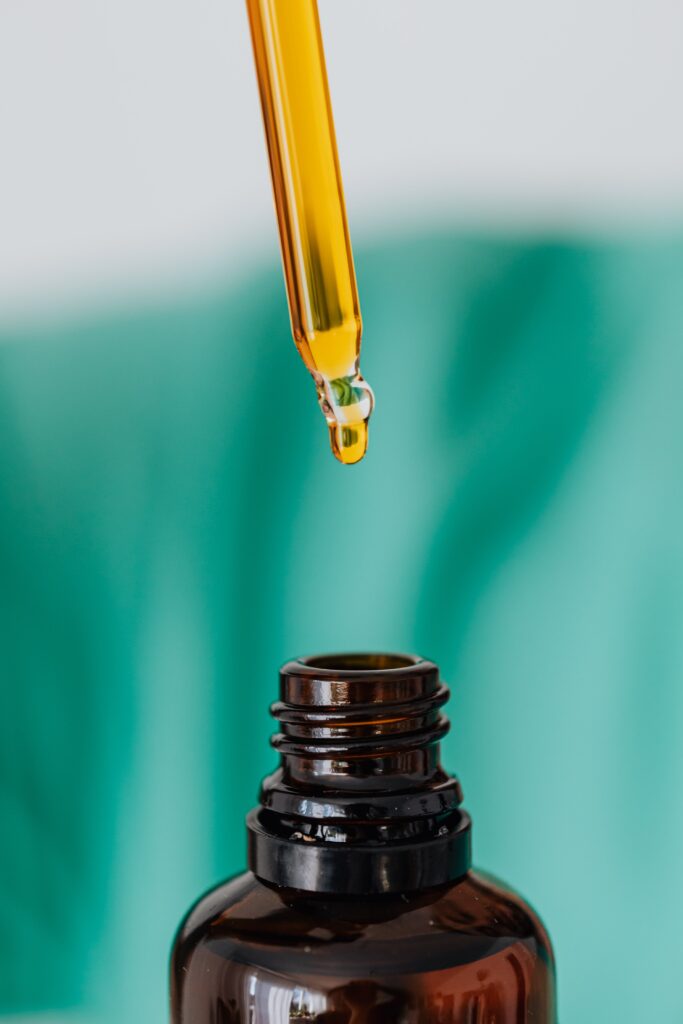
- Lactic acid: Produced by the fermentation of lactose, this alpha hydroxy acid (AHA) is known for its exfoliating properties, it helps remove dead skin cells and reveal a brighter, more even-toned complexion.
- Kombucha: A fermented tea rich in antioxidants, kombucha has been praised for its potential to protect the skin from oxidative stress and environmental pollutants, as well as to enhance skin radiance and tone.
- Hyaluronic acid: Although not directly fermented, some products contain fermented hyaluronic acid, which is obtained through the fermentation of specific bacteria. This ingredient can help to attract and retain moisture in the skin, resulting in a plumper, smoother appearance.
- Collagen: Fermented collagen has been shown to improve the skin’s elasticity and firmness, helping to reduce the appearance of fine lines and wrinkles.
- Probiotic and postbiotic extracts: These can include fermented extracts from food sources (such as yoghurt, soy, or rice) or specific bacteria strains. These extracts can provide a range of benefits, including skin-hydrating, soothing, and anti-ageing effects.
Incorporating fermented ingredients into your skincare routine can yield various benefits, including improved skin hydration, reduced inflammation, and enhanced radiance.
With their growing popularity, more innovative skincare products featuring these powerful bio-fermented ingredients continue to emerge on the market.
Advantages of Bio-Fermented Skincare
Hydration and Elasticity Improvements
Bio-fermented skincare ingredients are known for their ability to improve hydration and elasticity in the skin. Fermentation breaks down complex molecules into smaller, more easily absorbed components. This allows the active ingredients in skincare products to penetrate the skin more effectively, leading to improved hydration and elasticity.
Furthermore, the probiotics and postbiotics produced during fermentation can help to maintain the skin’s natural moisture balance.
Anti-Ageing and Brightening Effects
Bio-fermented skincare products can provide anti-ageing and brightening benefits for the skin. The fermentation process produces peptides, acids, and enzymes, which can help to reduce the appearance of wrinkles and fine lines.
Additionally, these bio-fermented ingredients can assist in brightening the complexion by balancing pH levels and fighting against free radicals. The presence of antioxidants in bio-fermented skincare products can protect the skin from environmental damage and reduce signs of ageing.
Microbiome and Skin Barrier Support
Fermented skincare ingredients can be particularly beneficial for the skin’s microbiome and overall skin barrier health. Probiotics, postbiotics, and enzymes present in these bio-fermented ingredients can support the skin’s natural barrier function, allowing it to better defend against external irritants and pathogens.
By promoting a healthy skin microbiome, bio-fermented skincare products can lead to a healthier, more intact skin barrier with reduced inflammation.
Bio-fermented skincare products offer numerous benefits, including improved hydration and elasticity, anti-ageing and brightening effects, and support for the skin’s microbiome and barrier function. Incorporating these ingredients into your skincare routine can help to maintain overall skin health and promote a more youthful, radiant complexion.
Ok, now that we know the benefits of bio-fermentation, let’s take a look at five most popular anti-ageing products that use bio-fermentation.
Notable Fermented Skincare Products
K-Beauty and Global Influence
It is well known that K-Beauty (Korean Beauty), has been a leading force in the skincare world, introducing various innovative and effective products and technologies.
One such innovation is the incorporation of bio-fermentation in skincare. Fermented skincare ingredients are known for their enhanced nutrient content, better absorption, and gentler effects on the skin.
The global beauty industry has recognized the potential of fermented skincare, incorporating this K-Beauty trend into numerous products. As a result, fermented skincare has gained popularity among consumers worldwide, transcending cultural boundaries and setting new benchmarks for natural skincare.
Popular anti-ageing products that use bio-fermentation
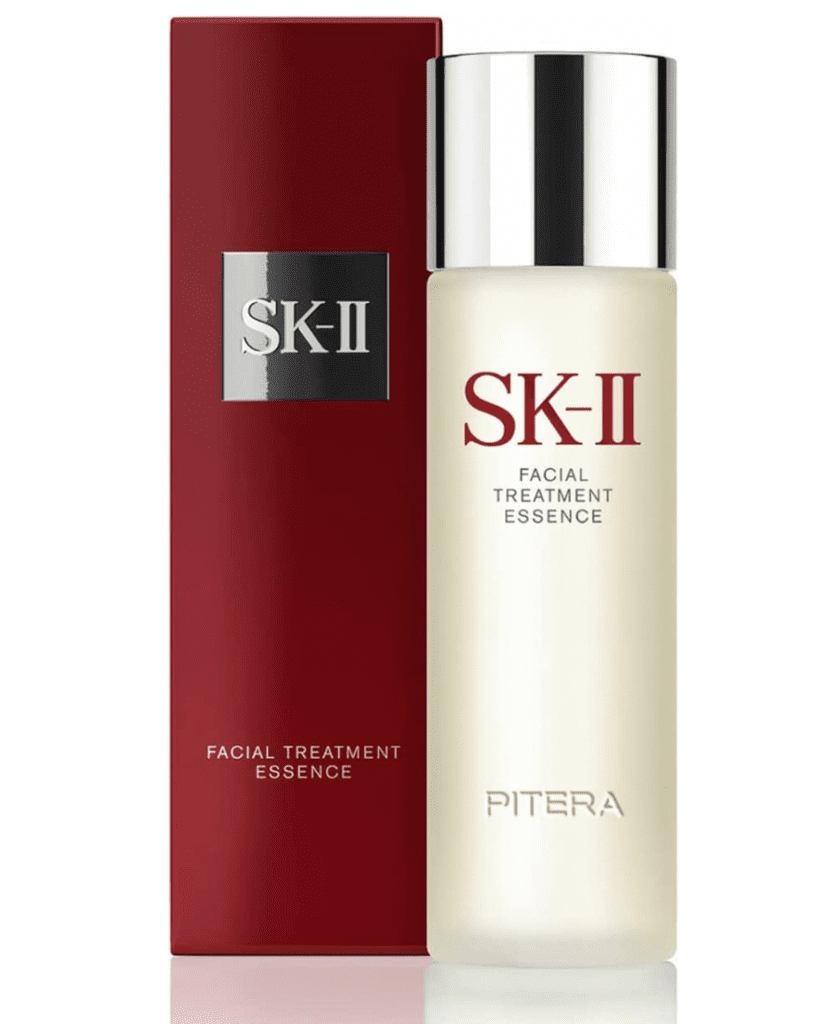
SK-II Facial Treatment Essence: This cult classic contains Pitera, a fermented sake ingredient that is said to promote skin cell turnover and reduce the appearance of fine lines and wrinkles.
Missha Time Revolution First Treatment Essence: This K-beauty favourite is made with fermented yeast extract that is said to hydrate, brighten, and plump the skin.
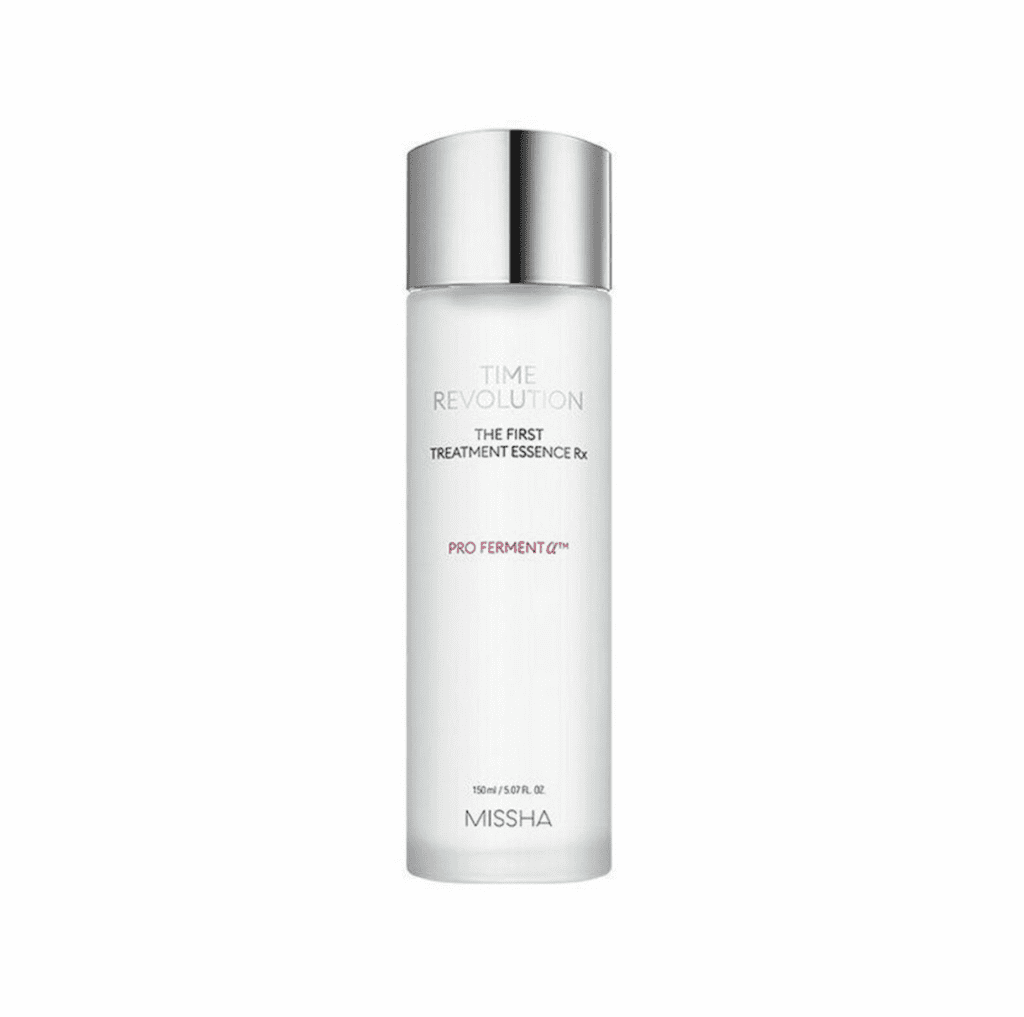

Estee Lauder Advanced Night Repair Serum: This serum is formulated with ChronoluxCB3, a bio-fermented ingredient that is said to help protect the skin from environmental stressors and promote collagen production.
Dr. Jart+ Ceramidin Liquid: This lightweight moisturizer is made with fermented ceramides that are said to strengthen the skin barrier and protect the skin from moisture loss.
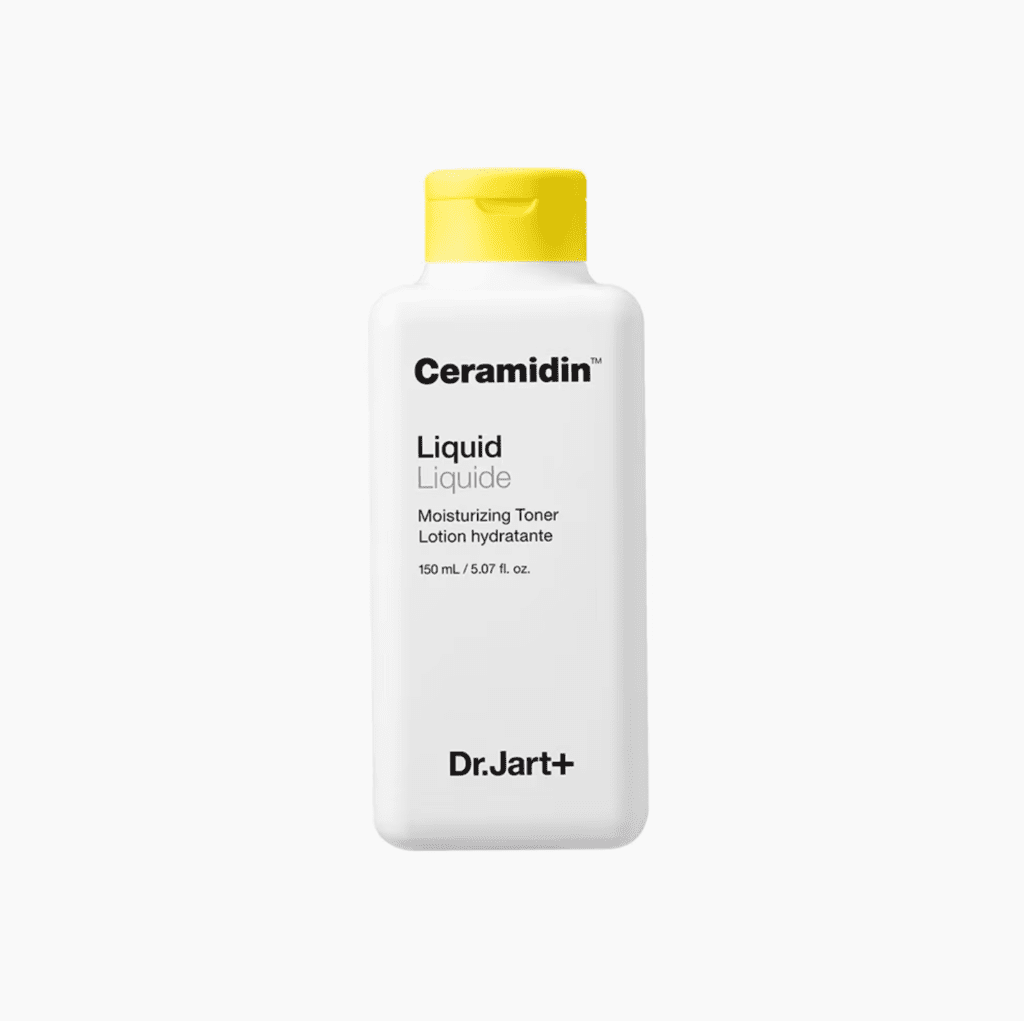
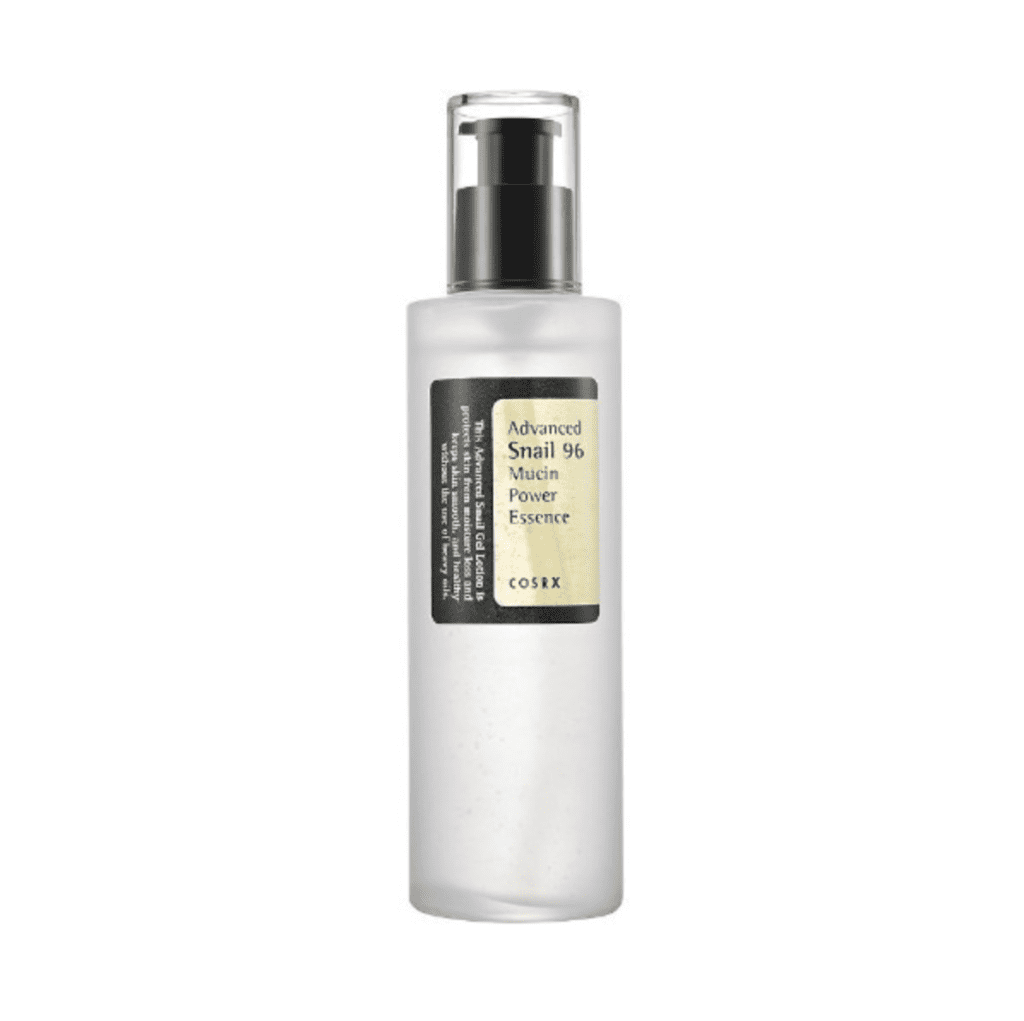
COSRX Advanced Snail 96 Mucin Power Essence: This essence is made with 96% snail mucin, a bio-fermented ingredient that is said to hydrate, soothe, and plump the skin.
Scientific Research and Clinical Studies
Efficacy of Fermented Ingredients
The field of bio-fermentation is continuously developing, especially in skincare. Research indicates that fermented ingredients could potentially provide various benefits.
Fermented products have been shown to positively impact cell renewal and the skin microbiome, leading to overall improved skin health and appearance.
In a clinical study, it was found that fermented ingredients offer significant skin whitening, moisturizing, and anti-ageing benefits. Fermented skincare products, are also packed with nutrients and vitamins as a result of the fermentation process.
For instance, amino acids and soluble phenolic acid are increased through fermentation, which ultimately leads to better skin health.
Conclusion
Bio-fermentation in skincare is a promising and innovative approach that offers numerous benefits for the skin. With the ability to improve hydration and elasticity, provide anti-ageing and brightening effects, and support the skin’s microbiome and barrier function, we can see why bio-fermented skincare products have gained popularity worldwide.
The incorporation of fermented ingredients in skincare has also been supported by scientific research and clinical studies, further demonstrating their efficacy. As the demand for eco-friendly and sustainable products grows, bio-fermented skincare is likely to become an increasingly popular choice for consumers seeking high-quality, transparent, and traceable ingredients in their beauty products.
However, it’s important to note that the effectiveness of fermented skincare products can vary depending on various factors, such as the specific fermentation process, the concentration of active compounds, and individual skin types and sensitivities.
It’s always recommended to consult with a dermatologist or skincare professional for personalized advice and recommendations.